Stop the Chop Campaign
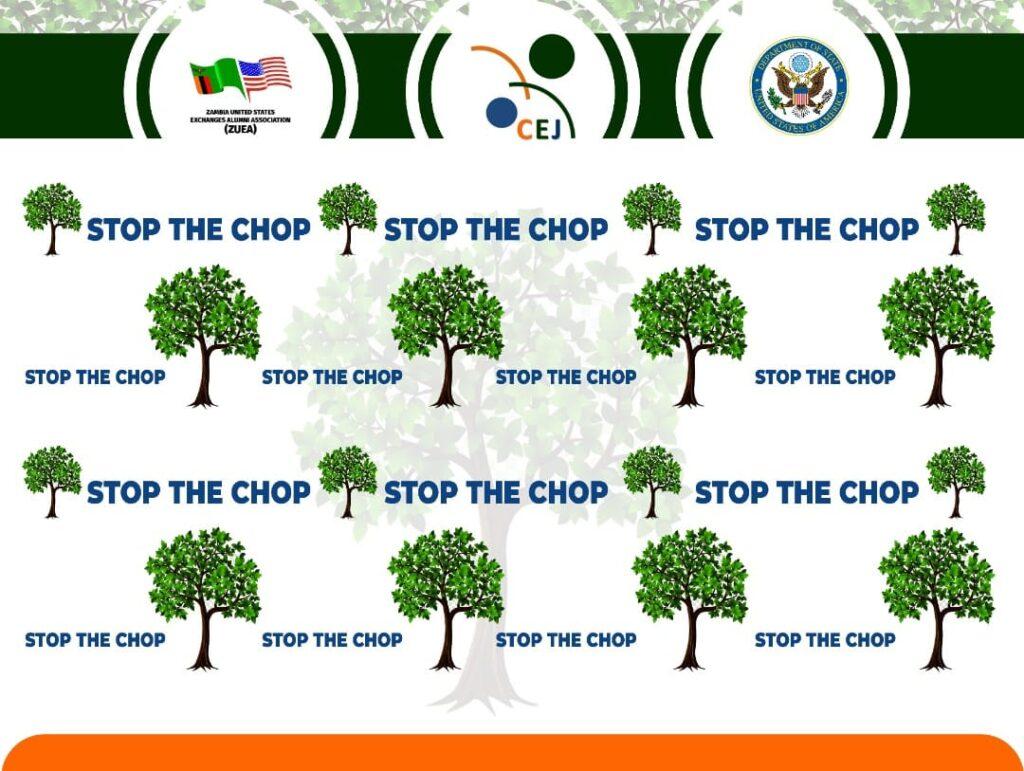
Project Summary
Centre for Environment Justice with support from the Department of States, United States of America and Zambia-USA Exchange Alumni Association implemented the Stop the Chop Campaign with a focus on reducing deforestation in Mafinga district, Muchinga Province.
Zambia, one of the most forested countries in southern Africa has a forest cover estimated to be about 45.9 million hectares representing about 61.04% of the total land area. However, the deforestation rate is estimated at 276, 000ha per year. Of the forest lost, it is estimated that 64.31% was attributed to agriculture, 32.81% was to urban areas (including unplanned settlements) and the rest to mining and other activities. Furthermore, forests in Zambia provide 80 % of energy needs in the form of firewood and charcoal. It’s hard to overstate the effect of ending deforestation on everything from climate change, health impacts and water security to wildlife and the welfare of indigenous communities.
Engagement Innovation: ꞌStop the Chopꞌ Campaign
The Innovation is responding to the Environmental protection dialogue 2021 resolutions on forest ecosystem restoration held in October 2021 and the Glasgow Forest Leaders declaration of 12th November 2021 meant to end deforestation by 2030.
Overall goal
Reduce deforestation, and forest degradation, and help improve forest-dependent livelihoods through sustainable management.
Objective
- At least 10,000 individuals are aware of the importance of halting deforestation, degradation, and underlying causes.
- At least 400 households are capacity build and knowledge increased about the existing protected areas, national parks, and forest reserves.
- At least 1000 individuals are aware of the negative impacts of deforestation on human health in affected communities.
- Strengthening effective forest governance monitoring and democratic management of natural resources.
- Contribute to social and economic sustainability by increasing forest values through forest restoration and rehabilitation and improving forest-dependent livelihoods through sustainable management of forests.
Expected Outcome
- Communities are aware of the importance of halting deforestation and degradation, and underlying causes.
- Increased community knowledge base for existing protected areas, national parks and forest reserves.
- Forest governance and conservation systems are promoted and protected to ensure the health of forests and biodiversity.
- Knowledge and awareness of the negative impact of deforestation on human health.
- Enhanced natural resource sustainability and improved livelihoods through conservation agriculture technologies.
The “Stop the Chop” campaign aims to raise awareness and promote sustainable forestry practices in the region. The campaign seeks to reduce deforestation rates, protect biodiversity, and ensure the long-term viability of the local ecosystem. The project inception engagements and findings summary serve as a starting point to gather information, establish goals, and develop strategies for the campaign.
Stakeholder Engagements
During the project inception phase, several stakeholder engagements were conducted to gather insights, build relationships, and understand the perspectives of various groups. The following stakeholders were involved:
- Environmental NGOs:
Engagements with prominent environmental organizations provided valuable insights into existing initiatives, ongoing challenges, and potential collaborations. These discussions emphasized the importance of public outreach and education to drive behaviour change.
2. Local Communities:
Meetings were organized with representatives from local communities to understand their concerns, aspirations, and expectations regarding forestry practices. It became evident that community involvement and empowerment are critical to the campaign’s success.
3. Government Agencies:
Engagement sessions with relevant government agencies helped identify existing policies, regulations, and enforcement mechanisms related to forestry practices. It also highlighted the need for policy advocacy and potential avenues for policy reform.
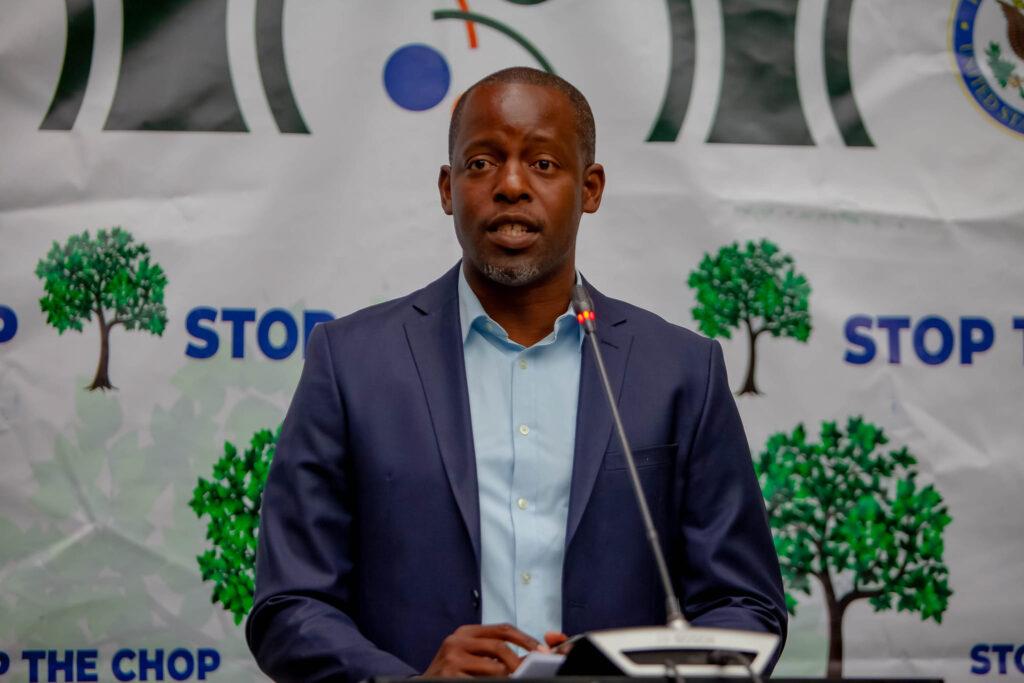
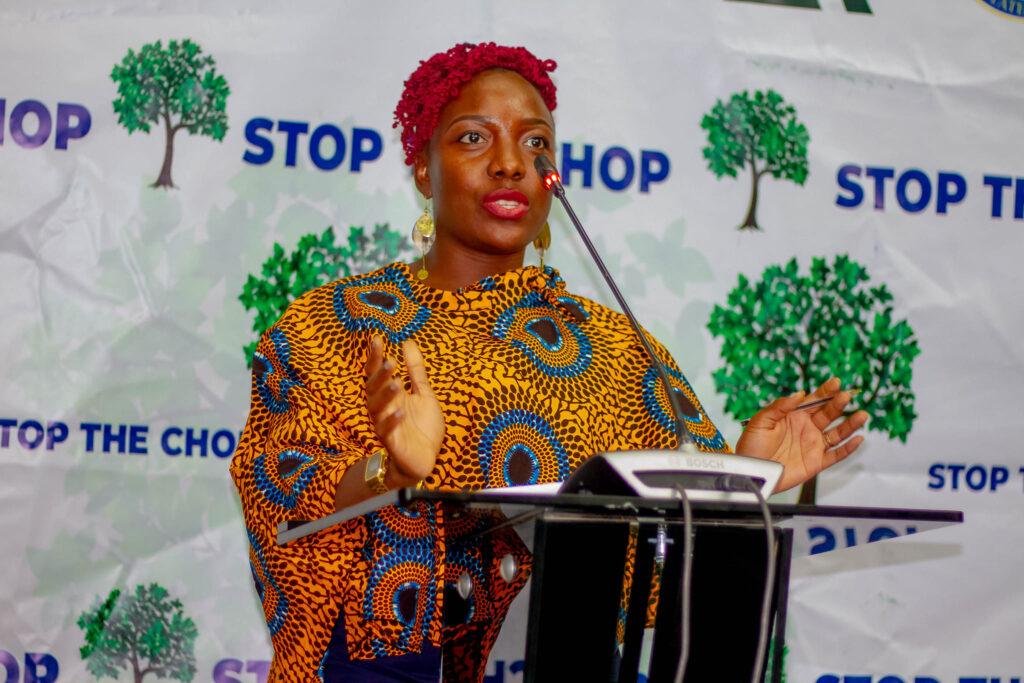
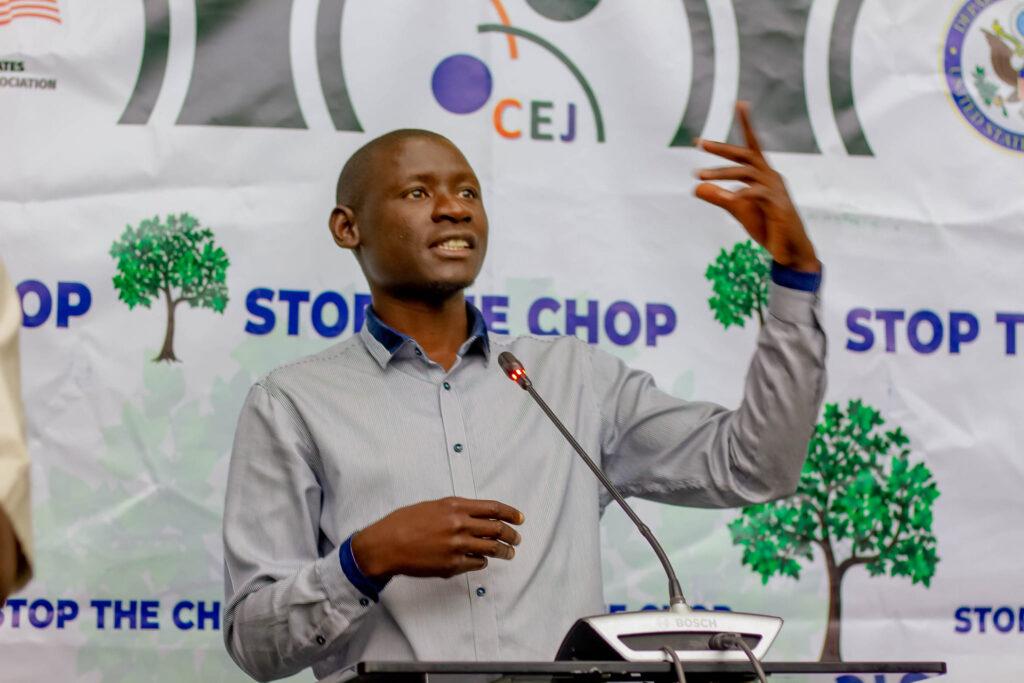
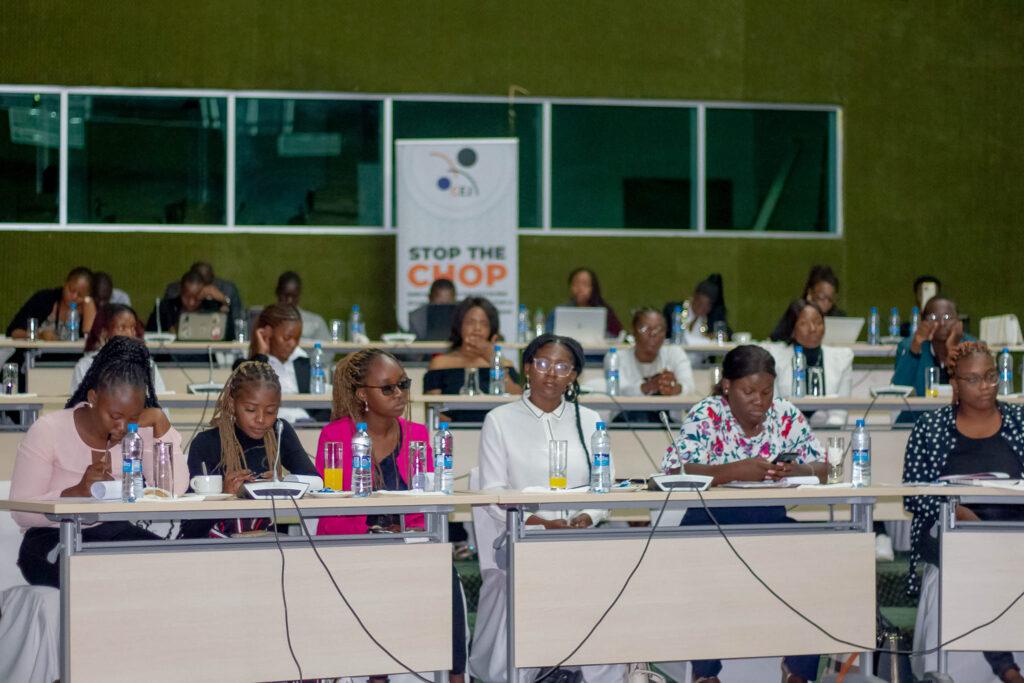
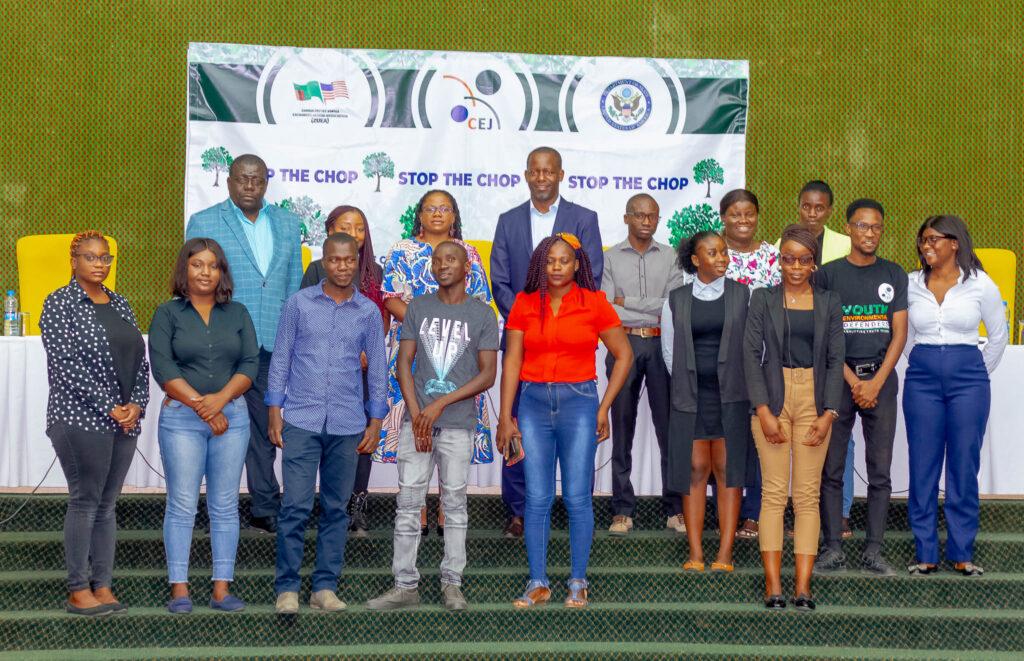
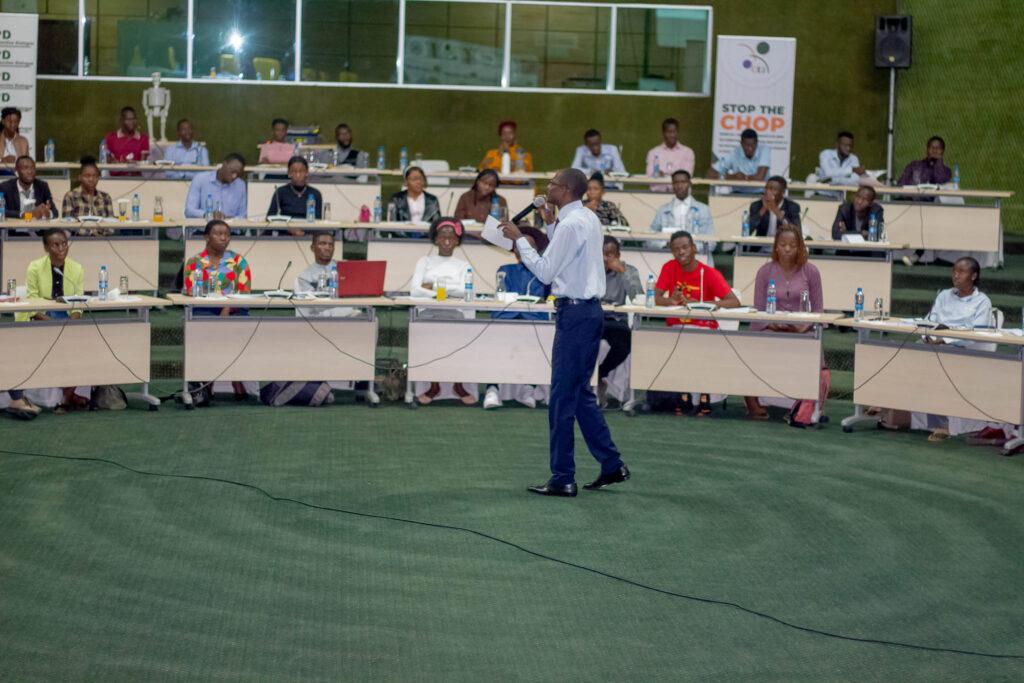
Findings Summary
Based on the stakeholder engagements, the following key findings and analyses were derived:
1.Awareness Gap:
There is a significant lack of awareness among the public regarding the environmental impacts of unsustainable forestry practices. Public outreach and education are essential to bridge this gap.
2. Community Empowerment:
Local communities play a vital role in sustainable forestry practices. Empowering them through capacity building, access to alternative livelihoods, and involvement in decision-making processes will enhance the campaign’s effectiveness.
3. Policy Reform:
The current regulatory framework lacks stringent measures to prevent deforestation and promote sustainable practices. Advocacy for policy reform, stricter enforcement, and collaboration between stakeholders and government agencies are necessary.
4. Economic Incentives:
Introducing economic incentives for sustainable forestry practices can encourage industry stakeholders to adopt responsible sourcing and reduce deforestation rates. This could involve tax incentives, subsidies, or certification programs.
5. Collaborative Partnerships:
Collaboration among environmental NGOs, local communities, government agencies, and industry stakeholders is crucial for the success of the campaign. Building partnerships, sharing resources, and coordinating efforts will maximize the impact and sustainability of the initiatives.
Stakeholders reviewing and sharing Zambia’s efforts towards achieving the glasgow declaration.
Stop the Chop Campaign in 6 wards (Tendere, Mafinga, Kalanga, Kakoma, Mukutu and Ntonga)
Stop the Chop Campaign: Women and Girls Training in Climate Action and Alternative Livelihood.
Traditional Leaders Dialogue on the Stop the Chop Campaign in Mafinga district.
Youth Forest Indaba: Youth Building a Green and Resilient Future with Forest.
CEJ Youth Environmental Defenders Advocacy Training.
